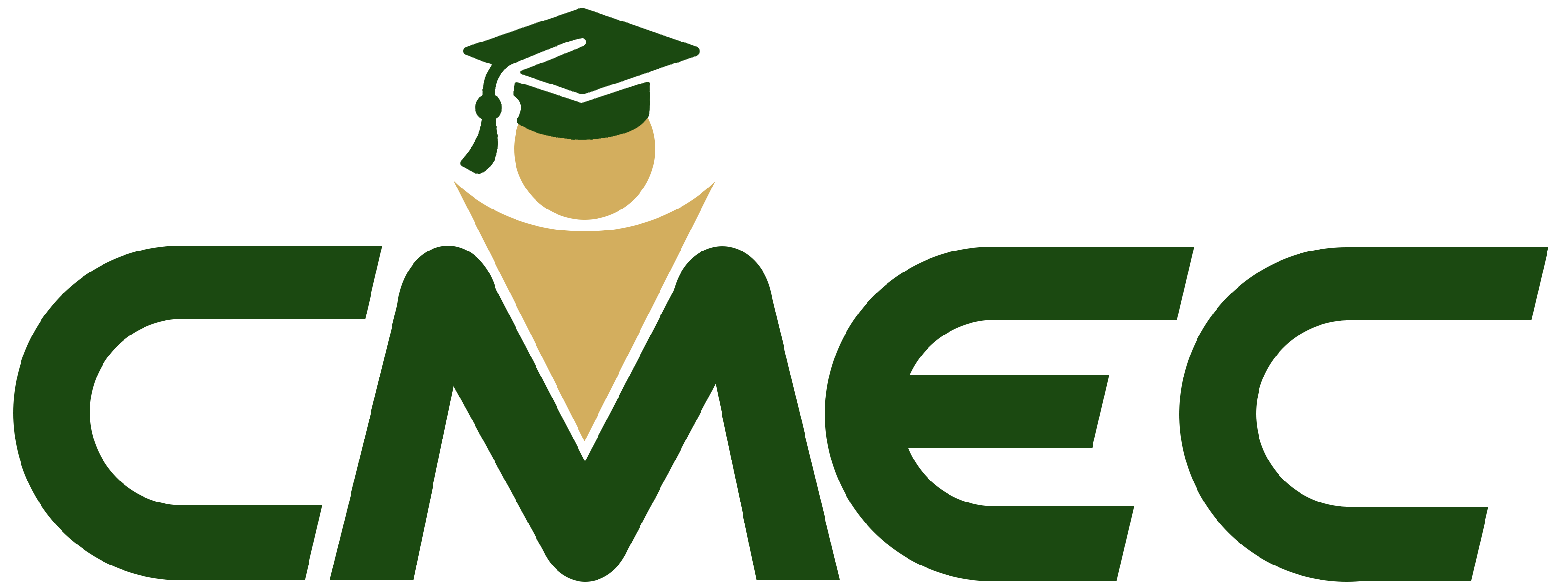Vocational Training in
Tourism Management Program
Overview
Tourism management has become one of the most popular fields of study among students, teaching the skills and knowledge necessary to secure a fulfilling career in this ever-growing industry. Hospitality and tourism management refers to management studies pertaining to management in the hospitality industry, of which tourism is a part. Consisting of restaurants, cafes, clubs, resorts, cruise lines, and other customer-oriented businesses, hospitality is a goliath-sized industry that creates millions of new jobs each year. According to a study, the hotel sector alone is expected to grow at an annual rate of about 5% to 6%, and this is just one of many sectors within the hospitality industry. Hospitality and tourism management studies teach students how to succeed in this industry so that they can secure a lucrative and rewarding career.
Description
The Tourism Management Program at CMEC prepares students for management positions in multiple segments of the world’s largest service industry. Upon completion, graduates acquire a set of essential skills such as empathy and emotional intelligence, teamwork and leadership, stress and time management, strategy and innovation and problem solving, to enjoy various professional roles in a variety of industries including: resorts, hotels, restaurants, private clubs, meeting and event planning corporations, destination marketing organizations, convention centers, conference centers, cruise lines, casinos, theme parks, auto rental agencies, sports facilities and arenas, spas, entertainment venues, and theaters, and vacation ownership or fractional ownership operations.
Program Curriculum
Semester 1
This is an introduction to tourism management using a system approach that integrates various hospitality and travel organizations and businesses. It focuses on the understanding of tourism from the perspectives of travelers and destinations while identifying tourism’s economic, socio-cultural, and environmental impacts on communities.
This course introduces students to the Lodging Operations Front Office. Topics include reservations, front desk, guest services, and human resource deployment issues specific to front office operations management. This course familiarizes students with the principles of front desk operational procedures; examines current trends in guest services; discusses the online distribution of room inventory, and introduces students to the principles of revenue management strategies.
This course is designed to equip students with essential numerical skills required by the tourism industry. The topics include a basic review of math, weight and volume conversions between the imperial and metric system, yield percentage, recipe costing, and kitchen ratios. Students will be introduced to applications specific to the Hospitality, Tourism, and Culinary Arts industry using practical examples in a blended learning format.
The purpose of the course is to assist students in developing an understanding of the key concepts and principles of marketing. Students will comprehensively review the functions of marketing in the hospitality and tourism industry based upon marketing strategy. The course aims to create an awareness of the challenges that managers face in a competitive and changing sector. Students will identify best practices in marketing, analyze the market, and assess consumer behavior, offerings, price, and promotion strategies.
Students will study computer terminology, hardware, and software related to the tourism industry environment. This course focuses on tourism productivity software applications and professional behavior in computing, including word processing (as needed), spreadsheets, databases, presentation graphics, and business-oriented internet utilization.
Semester 2
This course will explain the different roles taken by travel agencies and tour operators in the travel and tourism sectors. It illustrates the importance of these agencies in the development of the travel and tourism industry. This subject examines the essential daily operations of travel agents. It offers an overview of different travel products and services. It helps students develop the knowledge, fundamental skills, and attitudes required to work in an inbound or outbound travel agency. This subject also helps students clarify their career goals in the tourism industry.
The objective of the course is for the student to become familiar with the current principles and management practices of lodging properties. We will focus specifically on integrating the front desk with other operating departments, housekeeping, reservations, bell desk/valet, and food &beverage outlets. The front desk is the number one profit center of most lodging products, and successful properties will coordinate the front desk with the sales/marketing, food and beverage, accounting, engineering, and human resource departments of the property.
This course introduces accounting in general and then covers financial accounting basics through the accounting cycle for service and merchandising business. The main objective of this course is to introduce the theoretical foundation of financial accounting (concepts, assumptions, and principles) and the financial statements of a profit-seeking enterprise. In addition, the course prepares the student to perform the different steps of the accounting cycle for service and merchandising businesses.
This course will provide students with communication principles, concepts, and techniques that are essential components for effective organizational behavior in oral and written communication situations. In addition, communication strategies utilizing principles of psychology and appropriate methodology will be emphasized.
Computer Fundamentals and Skills 2 provides more details about software related to the tourism industry environment. This course focuses more on tourism productivity software applications and professional behavior in computing.
Semester 3
This course presents a systematic approach to managing housekeeping operations and provides a thorough overview, from the big picture of maintaining a quality staff, planning, and organizing to the technical details of cleaning each area of a hospitality facility.
This course introduces the student to the legal and ethical framework of business. Contracts, negotiable instruments, the law of sales, torts, crimes, constitutional law, the Uniform Commercial Code, and the court systems are examined. Upon completion, the student should be able to identify legal and ethical issues that arise in business decisions and the laws that apply to them.
Physical and cultural factors influencing tourism as well as the geographic aspects of international tourism. Location of major attractions related to underlying geographic, social, and economic factors.
Financial Management is an introductory finance course designed to make students understand the basic finance concepts. The course involves studies on decision-making utilizing financial resources available to the firm from the manager’s perspective. The course emphasizes the understanding of finance theory and working knowledge of the financial environment in which the firm operates in order to develop appropriate financial strategies. Hence, it covers the whole range of basic finance concepts, economics and financial environment, financial statement analysis, risk analysis, the valuation process, capital budgeting, and capital structure and dividend policy. It will also cover financial analytical tools, cash flow management techniques & working capital management.
This course introduces the key concepts, tools, and principles of strategy formulation and competitive analysis. It is concerned with managerial decisions and actions that affect the performance and survival of business enterprises. The course is focused on the information, analyses, organizational processes, and skills and business judgment managers must use to devise strategies, position their businesses, define firm boundaries and maximize long-term profits in the face of uncertainty and competition.
Semester 4
Human Resource Management links people-related activities to business strategy. The course develops a critical understanding of the role and functions of the various human resource activities in an organization, providing students with a comprehensive review of key HRM concepts, techniques, and issues. Topics include job analysis and design, recruitment and selection, evaluation, performance management, occupational health and safety, and the strategic contribution of HRM to organizational performance and evaluating HRM effectiveness.
This course introduces students to the theory of entrepreneurship and its practical implementation. It focuses on different stages related to the entrepreneurial process, including business model innovation, monetization, small business management, and strategies that improve the performance of new business ventures. Centered around a mixture of theoretical exploration as well as case studies of real-world examples and guest lectures, students will develop an understanding of the successes, opportunities, and risks of entrepreneurship.
This course provides students with practical skills and knowledge for effective management of foodservice operations. It presents basic service principles while emphasizing the importance of meeting the needs and, whenever possible, exceeding guests’ expectations.
The Turkish language courses are designed to help students become familiar with the Turkish language and culture. They prepare the students to use the language in their professional and social life. Students will develop Turkish language skills in listening, speaking, reading, and writing.
During this course, students will be given the opportunity to undertake an internship at a tourism business. This may be self-organized or organized by coordinators, depending on their employment situation. Students will undertake a standalone project, with defined objectives and outcomes- to be determined in consultation with managers from the business and the unit coordinator.
Career Opportunities
With a hospitality and tourism management diploma, you won’t be tied to a specific type of job. Rather, you’ll have countless career options from which to choose, including hotel management, restaurant management, resort management, and more.


